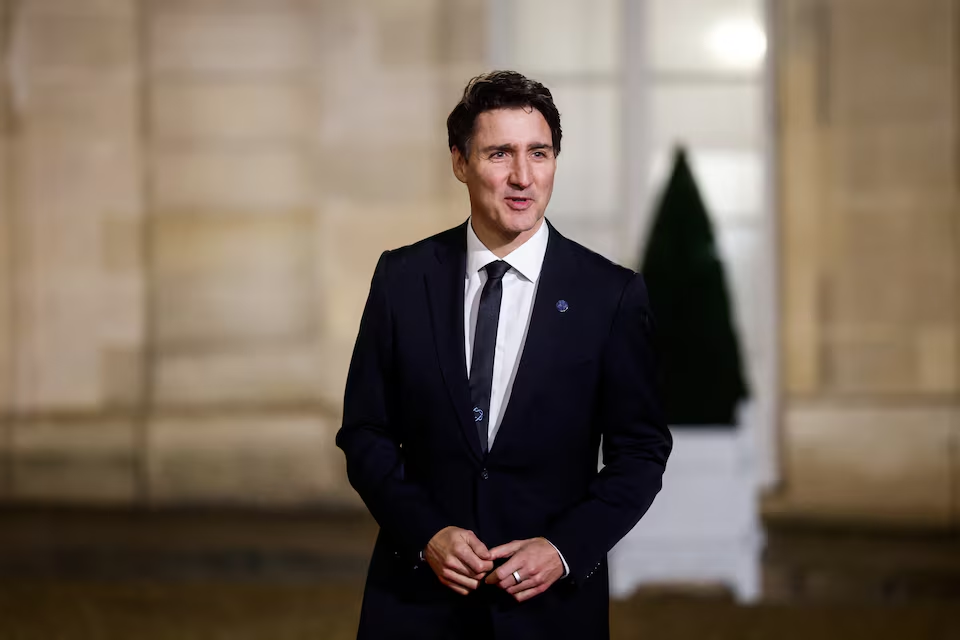Featured
article
- Get link
- X
- Other Apps
Canada Stands Ready to Strike Back at U.S. Tariffs

In a determined response to newly imposed U.S. tariffs on steel and aluminum, Canadian Prime Minister Justin Trudeau warned that Canada will respond strongly if necessary. Speaking at an international summit in Paris, Trudeau described the tariffs as "unacceptable" and stressed that they threaten Canadian jobs and industries. “Canadians will stand up strongly and firmly if we need to,” he declared, signaling a readiness to use all available measures to protect the nation’s economic interests.
The tariffs—introduced by the U.S. administration as part of an aggressive trade policy—target key Canadian exports and have already stirred concern among Canadian businesses and political leaders. Trudeau’s remarks underscored the potential impact of the tariffs on Canada’s vital trade relationship with its closest neighbor. While U.S. officials defend the measures as necessary to protect American industries and address national security issues, Trudeau’s stance reflects a broader commitment to defending Canadian sovereignty and ensuring fair trade practices.
In addition to his strong verbal response, Trudeau hinted that Canada could impose retaliatory measures against U.S. products. Such actions may include targeted tariffs on a range of American goods, potentially affecting sectors from consumer products to industrial components. The prime minister’s approach is designed not only to protect Canadian workers but also to send a clear message internationally that Canada will not be bullied into accepting policies that could disrupt its economy.
As negotiations and discussions continue between the two nations, both sides appear to be bracing for further escalation. For now, Trudeau’s declaration reinforces Canada’s determination to safeguard its industries and uphold the integrity of one of the world’s most significant trading relationships.
Popular Posts
Trump's Six Words: "I'm Going to Stop the Wars"
- Get link
- X
- Other Apps
Smart Savings for a Sharp School Start: Canadian Parents’ 2025 Guide
- Get link
- X
- Other Apps



Comments
Post a Comment